About
The Sloane Lab is an interdisciplinary research group led by sociologist Mona Sloane. It conducts empirical research on the implications of technology for the organization of social life. The focus lies on artificial intelligence (AI) as a social phenomenon that intersects with wider cultural, economic, material, and political conditions. The lab spearheads social science leadership in applied work on responsible AI, public scholarship, and technology policy. Dr. Sloane’s and Sloane Lab’s past and present supporters include the Association for Computing Machinery, Data&Society, Ford Foundation, German Federal Ministry of Education and Research, Google, Institute of Electrical and Electronics Engineers, National Science Foundation, New America, New_Public, NYU Center for Responsible AI, NYU Libraries, NYU Tandon School of Engineering, NYU Office of Sustainability, Patrick J. McGovern Foundation, Pivotal Ventures, Pulitzer Center, Technical University Munich, Future Imagination Collaboratory Fund at NYU Tisch School of the Arts, University of Notre Dame, UVA Darden-Data Science Collaboratory for Applied Data Science, UVA Karsh Institute of Democracy, and the Weizenbaum Institute Berlin.
Contact
Email: monasloanelab [at] gmail [dot] com
Focus Areas
Sloane Lab currently focuses on four intersecting areas of research and engagement: AI and the professions; applied AI fairness, accountability, and transparency; AI policy and governance; and public scholarship.
AI Policy and Governance
The landscape of AI regulations, governance measures, and policies is rapidly expanding, as are government-led funding initiatives on AI. Sloane Lab is tracking and analyzing the global landscape of national AI strategies and AI regulation, producing systematic reviews of the governance mandates and compliance requirements. Related work focuses on developing new frameworks and tools for meaningful AI compliance. New work in the AI policy and governance area focuses on student-led AI governance on university campuses, specifically with regards to establishing student technology councils.
AI and the Professions
As AI systems become baked into the organization of social life, they also affect how people do their jobs and gain meaning and identity from it. Often described as “automated decision systems”, AI systems tend to automate not only tasks, but discretionary decision-making in the professions—ranging from if and how rideshare drivers can pick clients and routes, to how doctors arrive at a diagnosis, or judges at a decision about bail. Sloane Lab’s current research focuses on how discretionary decision-making, work processes, and identity are shaped by AI, particularly in HR and recruitment and in professional journalism. Past work has focused on ethics, AI, and professional practice through a three-year study of how AI start-ups in Europe’s largest economy–Germany–conceive of and operationalize ethics.
Public Scholarship
Sloane Lab is dedicated to the advancement of public scholarship and engagement. Dr. Sloane is a regular advisor and public speaker on AI and society issues. She frequently works with practitioners, policymakers, civil servants, and collaborators from different fields to advance critical thinking and innovation in the technology space. Public scholarship projects include work with the UVA Karsh Institute of Democracy as faculty lead on issues related to technology and democracy, the Co-Opting AI public speaker series and the Co-Opting AI book series with the University of California Press, the editorship of the Technology section of Public Books, the A BETTER TECH project on public interest technology careers, or the *This Is Not A Drill* program on art, technology, equity, and the climate emergency.
Applied AI Accountability and Transparency
Mounting evidence that AI systems can exacerbate inequality and inflict harm is bringing questions of AI accountability to the fore. When addressed through a purely technical lens, these approaches to these questions often yield inadequate solutions. Sloane Lab tackles this by creating interdisciplinary frameworks for meaningful AI accountability and transparency. This work includes expanding AI audit frameworks to consider ground-truthing and conducting social science-driven AI audits, such as on AI-driven personality assessment tools, speech-to-text transcription tools, and motion capture technology. It also includes creating meaningful AI transparency, particularly through contextual transparency for specific professions and stakeholders, and considering the role of participation in AI. Collaboratively, Sloane Lab develops technical tools to enhance AI transparency. The Gumshoe tool, with Hilke Schellmann (NYU) and Michael Morisy (MuckRock), uses NLP to help journalists analyze large FOIA datasets in the MuckRock database.
Team

Mona Sloane

Mona Sloane leads Sloane Lab. She is an Assistant Professor of Data Science and Media Studies at the University of Virginia (UVA). As a sociologist, she studies the intersection of technology and society, specifically in the context of AI design, use, and policy.
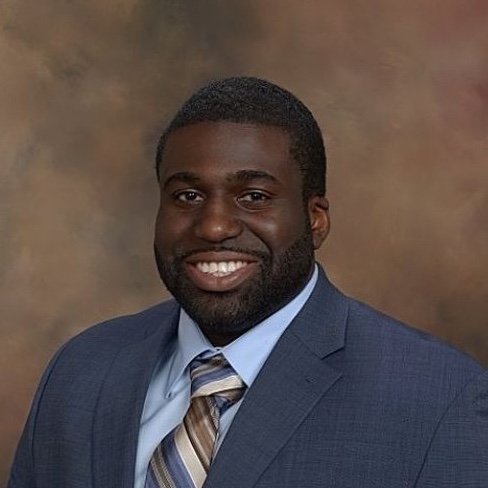
Michael Amadi

Michael Amadi is a dedicated Data Science graduate student with a passion for blending technical skills with creative problem-solving. With a strong foundation in both quantitative and qualitative analysis, he enjoys tackling complex challenges, whether through research or practical applications. His interests extend to building intuitive systems and enhancing user experiences, always with a focus on continuous learning and improvement. When he's not immersed in research or developing new solutions, Michael enjoys spending quality time with his family and friends. He also stays active by playing sports, unwinds with a good movie, and loves to travel with a light, minimalist approach.

Ava Birdwell

Ava Birdwell is a graduate student in the McIntire School of Commerce, with a Biotechnology concentration. She completed her undergraduate degree in Environmental Sciences at the University of Virginia. Ava is passionate about the environment and people. She wants to be a part of and enact positive environmental change. She is dedicated to learning to use a variety of tools to address and implement environmental challenges, including business, AI, education and advocacy. Ava is a new research assistant for the project: Blueprints for AI Equity and Transparency in Climate Science in the Sloane Lab. She has a soft spot for sharks and loves the ocean, volleyball, scuba, comedy, and reading.
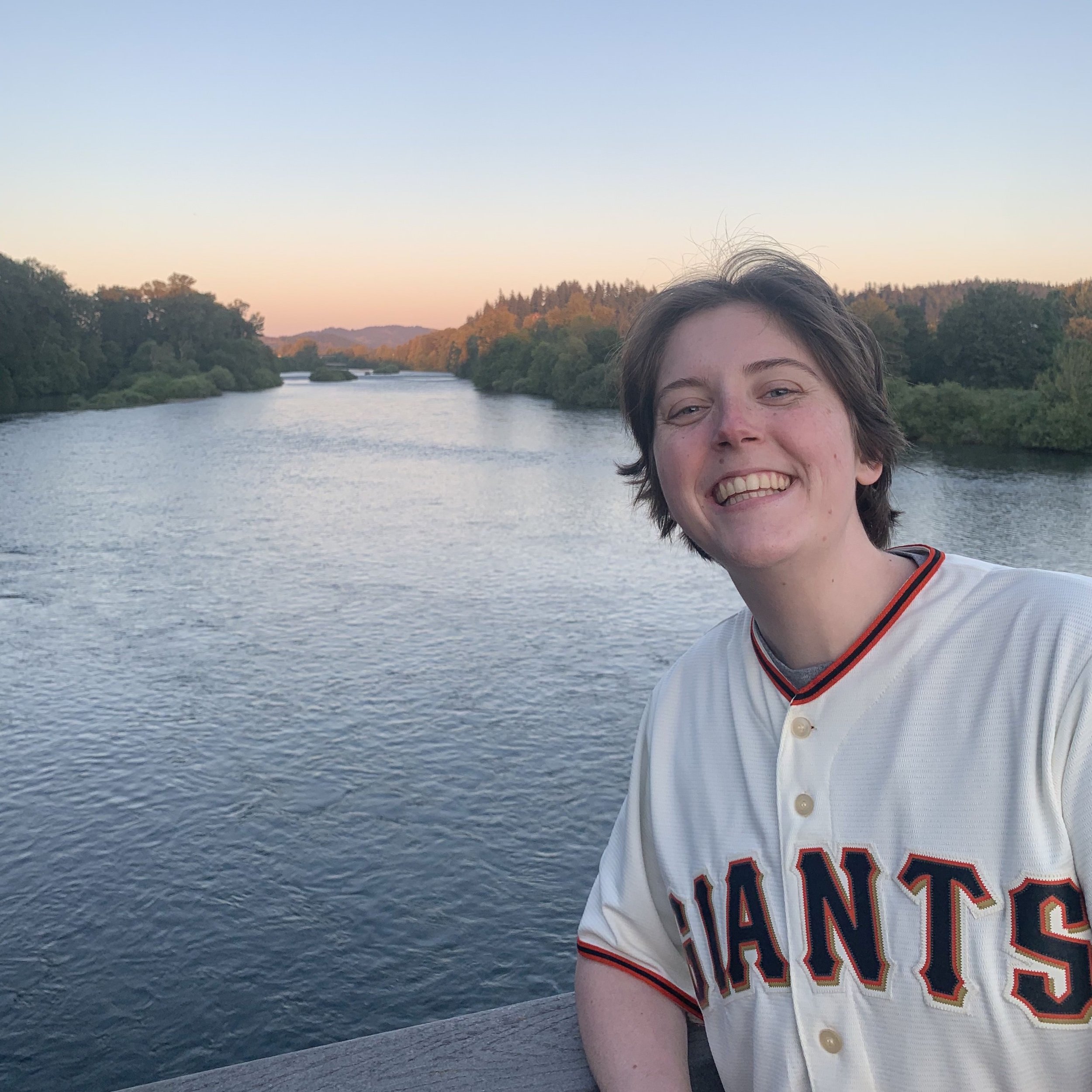
Mack Brumbaugh

Mack Brumbaugh is a graduate student in the Media Studies department at the University of Virginia. He is interested in digital ethnography, audience discourse analysis, and digital culture creation. Prior to studying at UVA, Mack obtained his B.S. in Sociology and minored in History at the University of Oregon where he gained experience doing a year-long web-based data research project looking at female athlete representation on social media. Mack's current research is studying television audience's reception and discourse on social media, particularly amongst LGBTQ+ youth. In his free time, Mack can be found watching sports or puzzling.
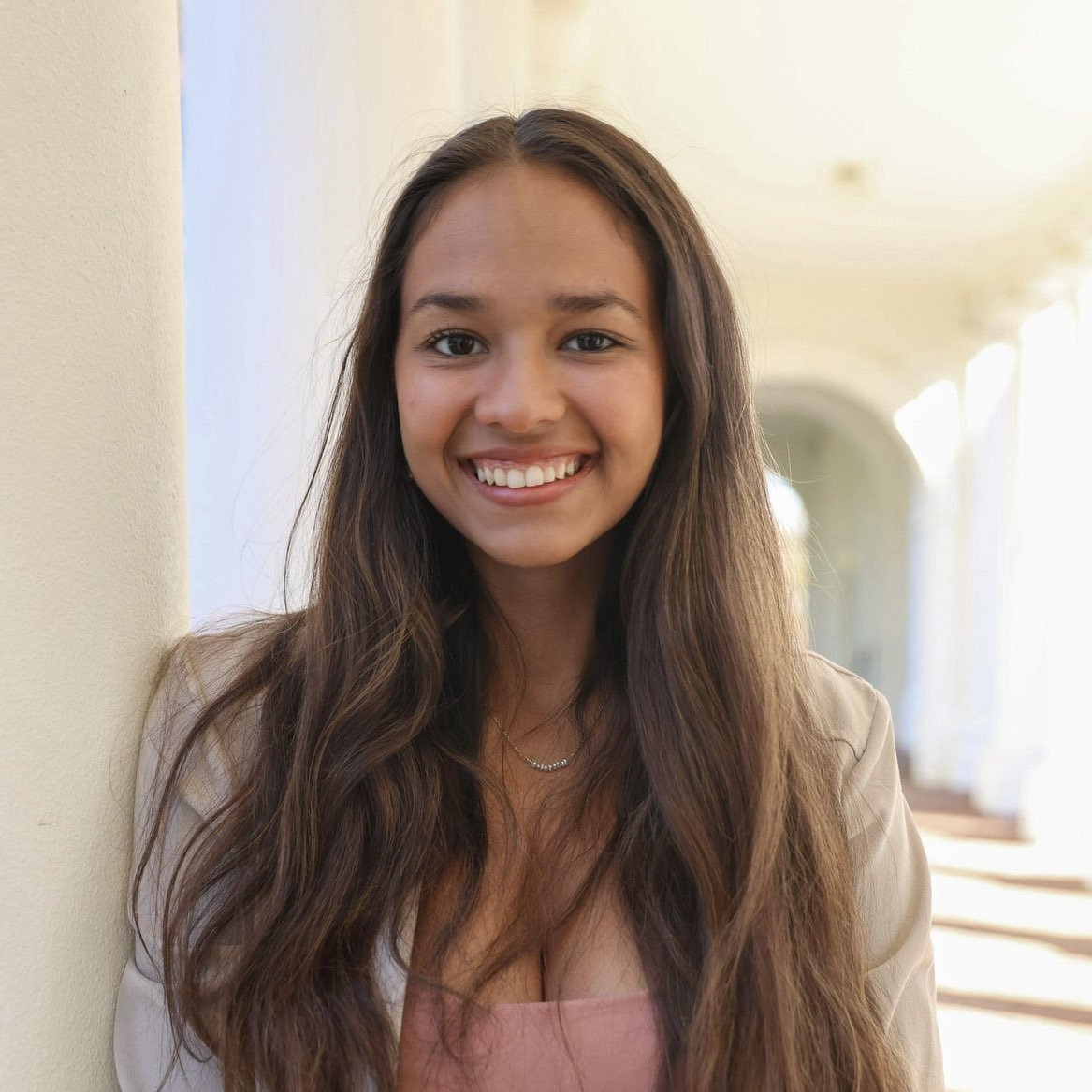
Celia Calhoun

Celia Calhoun is an undergraduate student at the University of Virginia, majoring in Public Policy & Leadership and Economics, and she is a research assistant at the Sloane Lab. Celia is interested in the implications of AI on our democracy and AI policy. Celia has served as an intern at a number of nonpartisan political organizations focused on protecting and strengthening our democracy, including, the University of Virginia’s Center for Politics, the Karsh Institute of Democracy, and FairVote. You can find her at www.linkedin.com/in/celiacalhoun26

Ella Duus

Ella Duus is an undergraduate computer science student at the University of Virginia and a research assistant at the Sloane Lab. Ella is interested in trustworthy AI, AI policy, and NLP/ML entreprenuership. As an Advisory Council member at Encode Justice, she has delivered policy memos on safeguarding democracy in relation to AI to Congressional stakeholders in Washington. Ella has served as a working group member at the International Security Forum, crafting solutions to combat misinformation in the AI age, and as Member and COO at Datakata LLC, a machine-learning-based NASA contractor. Ella enjoys reading, cooking, and lifting. You can find her at elladuus.com and linkedin.com/in/elladuus.
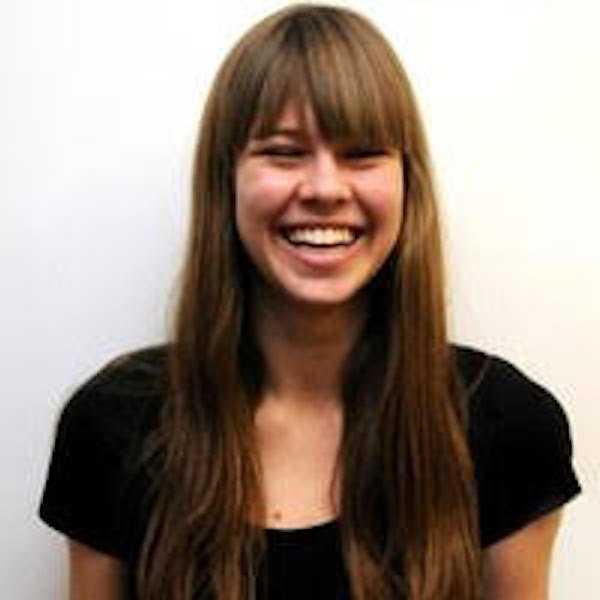
Emma Harvey

Emma Harvey is a PhD student in Information Science at Cornell University, where she studies practical, interdisciplinary methods to assess and improve algorithmic fairness. She is part of the “Expanding AI Audits to Include Hardware” team at Sloane Lab, and has previously conducted research on algorithm auditing with the Algorithmic Justice League as well as with the Compliant and Accountable Systems lab at the University of Cambridge. She received her BA in Philosophy, Politics, & Economics and Computer Science from the University of Pennsylvania.
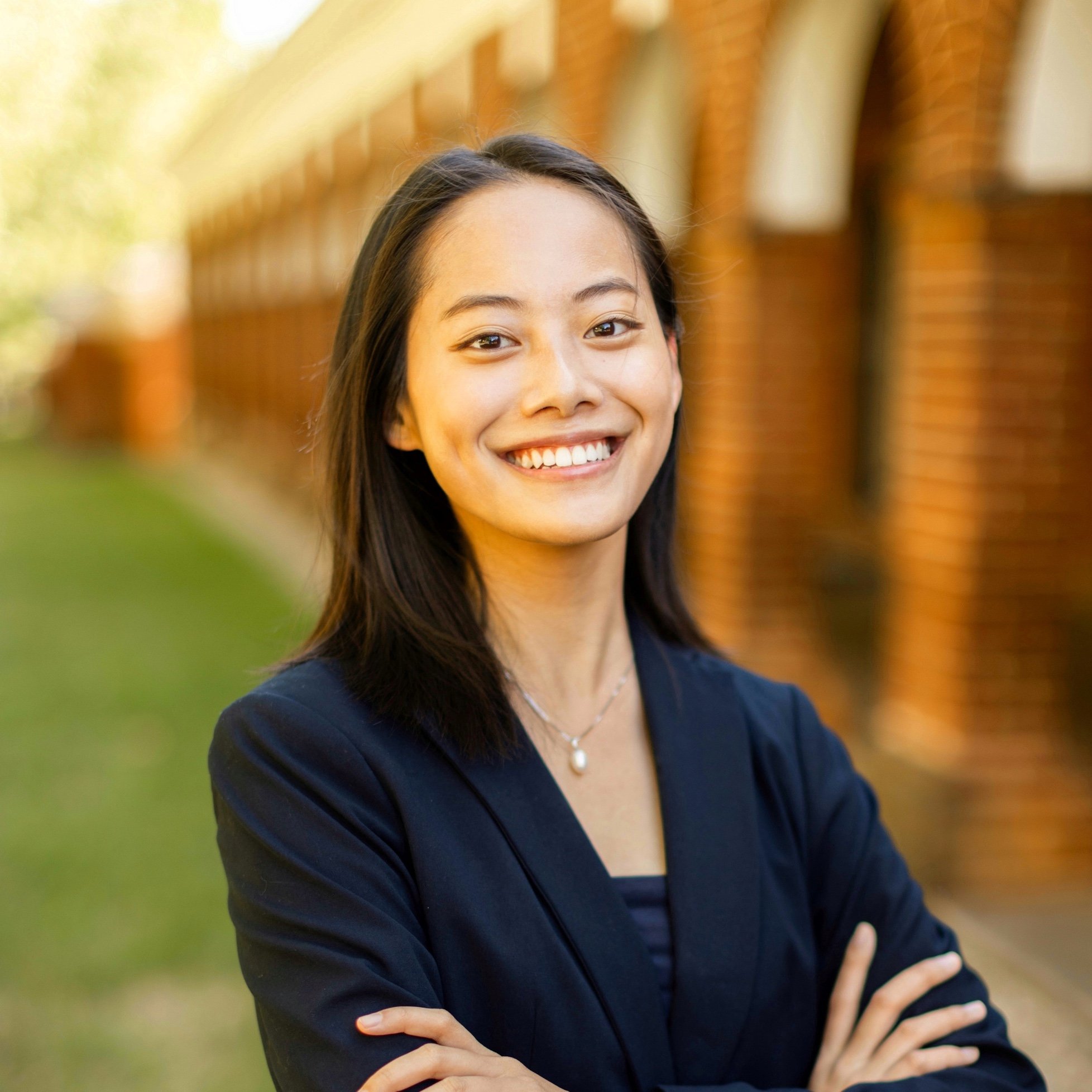
Desiree Ho

Desiree Ho is an undergraduate student at the University of Virginia, majoring in Public Policy & Leadership, and she is a research assistant at the Sloane Lab. Desiree is interested in digital rights, responsible AI, and the intersection of technology and education. Desiree has worked on AI and privacy research with the Karsh Institute of Democracy, All Tech is Human, Future of Privacy Forum, Autio Strategies, and Public Interest Technology University Network. You can find her at www.linkedin.com/in/desireehmy
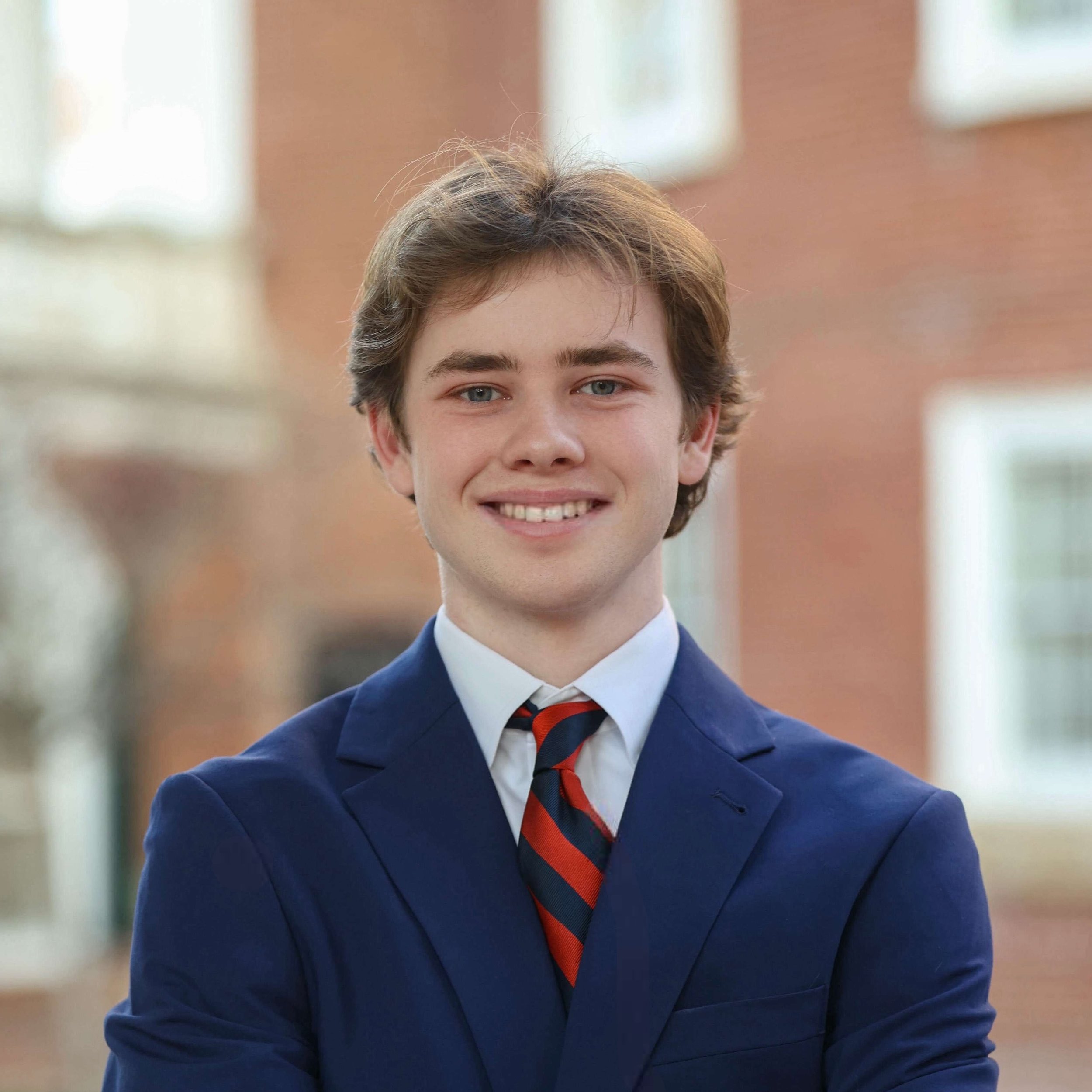
Owen Kitzmann

Owen Kitzmann is an undergraduate student at the University of Virginia, majoring in Public Policy & Leadership and Government, and he is a research assistant at the Sloane Lab. Owen is interested in understanding how public policy is formed and implemented, and the implications of AI therein. Owen has worked with the Karsh Institute of Democracy, the Sorensen Institute of Political Leadership, and elected officials all in the hope of driving positive change. He can be found at linkedin.com/in/owenkitzmann.

Katelyn Mei

Katelyn Mei is a PhD student in Information Science at the University of Washington. Katelyn obtained her B.A. from Middlebury College where she double majored in psychology and mathematics. During her four years of study at Middlebury, she learned to explore and appreciate perspectives from a variety of disciplines including philosophy, anthropology, and architecture design. Inspired by her previous studies, her current research examines how technology influences humans in decision-making. She is also interested in the future of humanities. Her PhD research projects explore issues related to human-AI interaction and bias in natural language processing algorithms and downstream applications. Katelyn is also a research affiliate at Sloane Lab and NYU working with Mona Sloane and Hilke Schellmann on issues related to AI applications. Outside of research, she enjoys wandering around bookstores, bouldering with friends, and learning to cook new recipes.
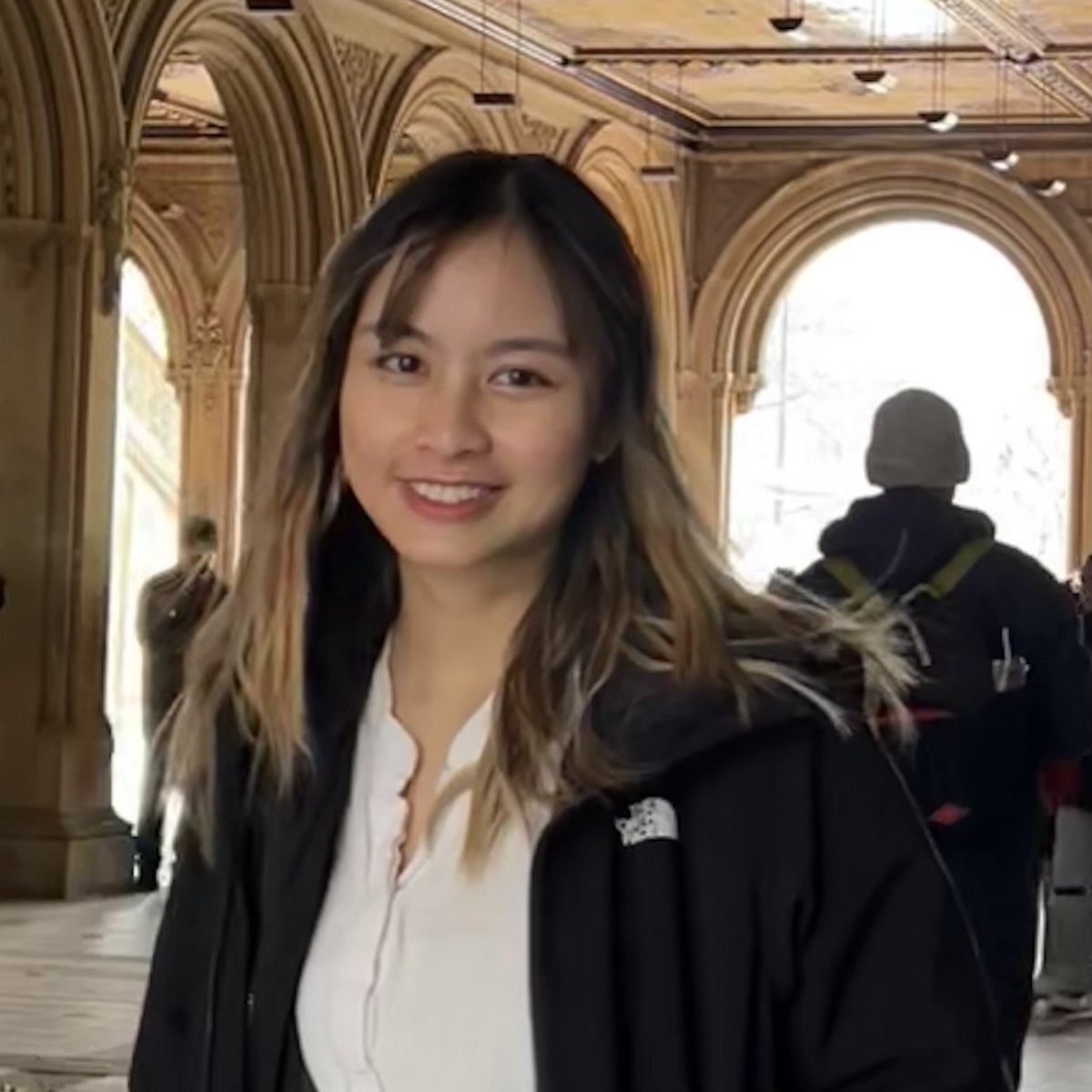
Ploy Pruekcharoen

Ploypilin (Ploy) Pruekcharoen is a PhD student in Digital Media at Georgia Institute of Technology and a research assistant at Sloane Lab. She is an interdisciplinary researcher and designer who is passionate about creating critical experiences. Her research interests center on the intersection of socio-technical systems, human-computer interaction, and technology ethics, with a particular focus on responsible AI and creative technologies. Her current work focuses on exploring women’s perceptions on AI image generators through co-design fiction workshop.
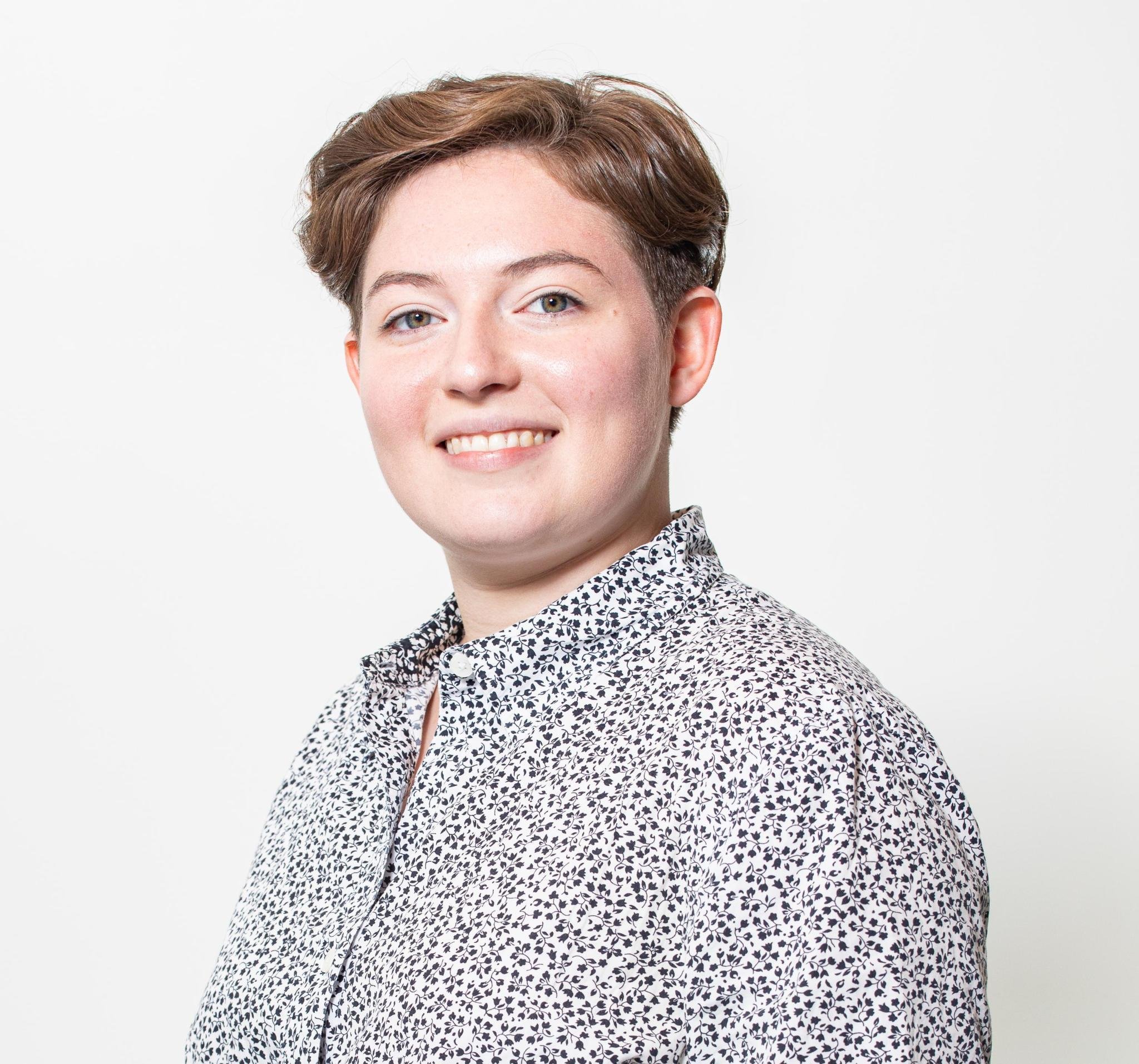
Emilia Ruzicka

Emilia Ruzicka is an MA student in media, culture, and technology at University of Virginia. Prior to their studies at UVA, they worked full-time as a data reporter and received a BS in data journalism from Brown University, where they graduated with honors. While in school, Ruzicka continues to work on freelance projects and write their own blog. Their academic research spans digital ethics and accessibility, queer data analysis and communication, and postal issues and infrastructure. Visit emiliaruzicka.com for more information.

Hauke Sandhaus

Hauke Sandhaus is a PhD student in Information Science at Cornell Tech, currently researching wicked design problems in Human-AI-Interaction to create an ethical future of automation. Advised by assistant professor Qian Yang and co-advised by associate professor Wendy Ju, Hauke's methods address Design at the Policy and Tech level simultaneously.
Prior to his PhD studies, Hauke worked as a UX Design-Technologist at the Volkswagen Group Future Center in Potsdam, Germany. There, he was part of a team that designed an inclusive user experience for fully autonomous vehicles without steering wheels, with a focus on voice interactions. He built both fully functional prototypes and semi-functional WOZ experiences to test the designs.
Hauke has a diverse set of skills, including team leadership, UX design, coding, user research, and hardware prototyping. He holds a Master's degree in Human-Computer Interaction from Bauhaus Universität Weimar (Germany) and a Bachelor's degree in Creative Technology from Universiteit Twente (Netherlands), where he graduated with honors and cum laude respectively.
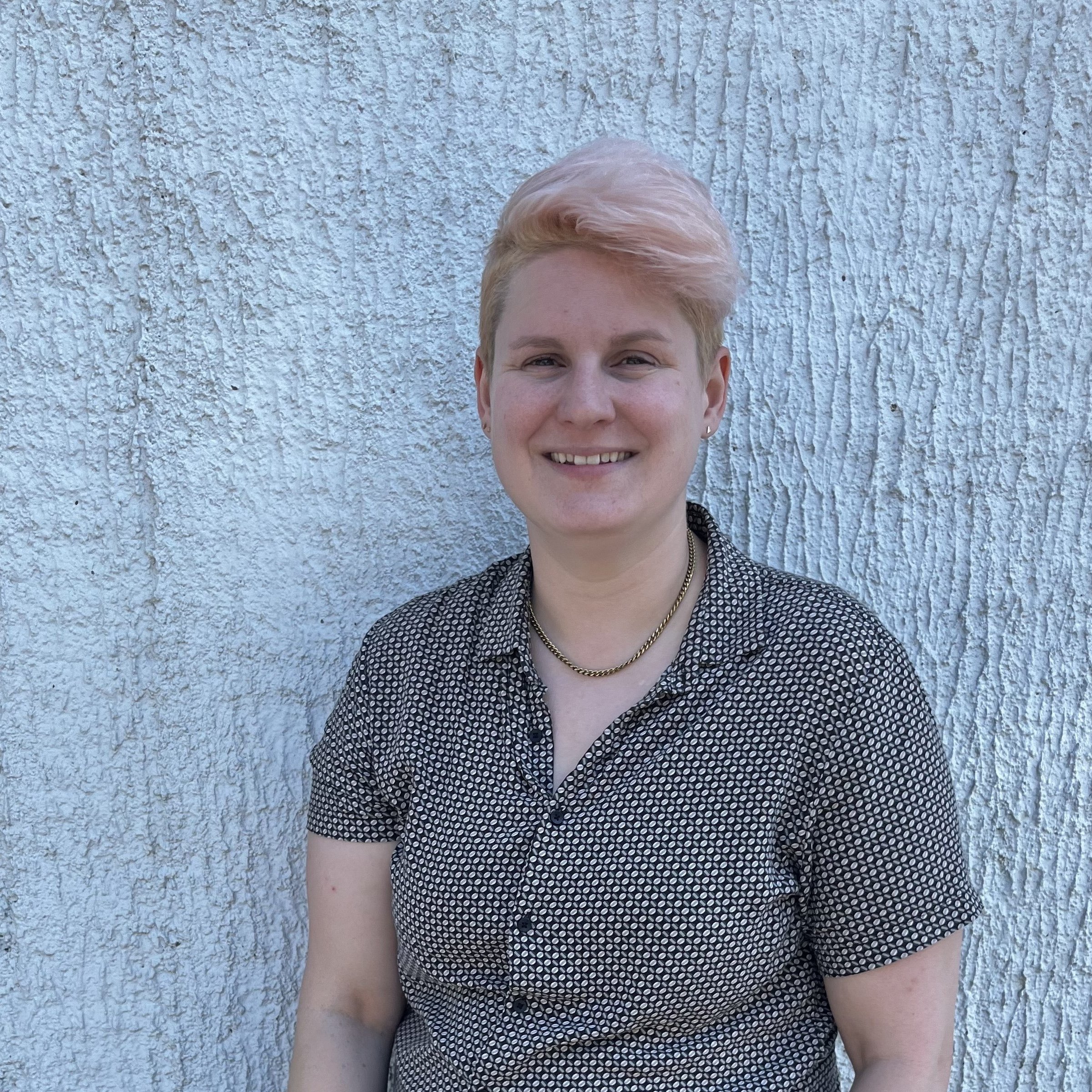
Ellen Simpson

Ellen Simpson is a Postdoctoral Researcher with the Sloane Lab. She earned her Ph.D. in Information Science at the University of Colorado, Boulder and holds a MSc in Media Power and Public Affairs from Royal Holloway, University of London and a BA in History and Political Science from the University of Vermont. Prior to her time at UVA, Ellen worked in mortgage lending and various creative projects focusing on LGBTQ+ representation in media. Her research investigates the impacts of sociotechnical systems on people’s sense of self and the rhythms and routines of their everyday lives to develop community-driven solutions to improve experiences for individual users who work by, on, and through these sociotechnical systems. You can learn more about Ellen and her creative projects at her website: https://ellensimpson.github.io/
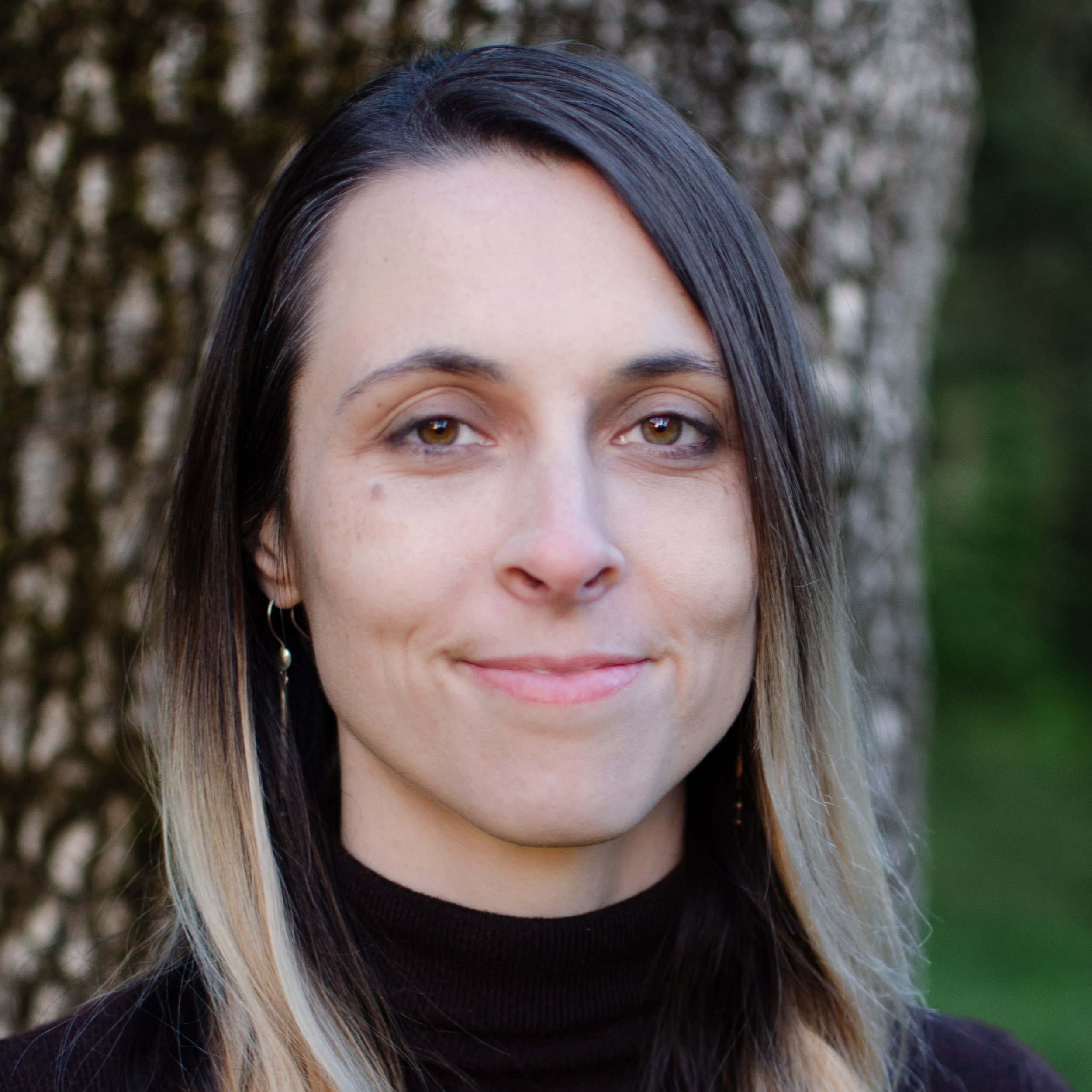
Megan Wiessner

Megan Wiessner is a Postdoctoral Research Fellow at the Karsh Institute of Democracy’s Digital Technology for Democracy Lab at the University of Virginia. Prior to joining UVA, she completed her PhD at the Department of Media, Culture, and Communication at New York University. She researches how different actors use new technologies to understand and manage environmental issues, focusing especially on the wider sociopolitical and labor implications of tech-based sustainability efforts in architecture, construction, and forestry. More info on her work is available at www.meganwiessner.com and www.linkedin.com/in/megan-wiessner.
Collaborators
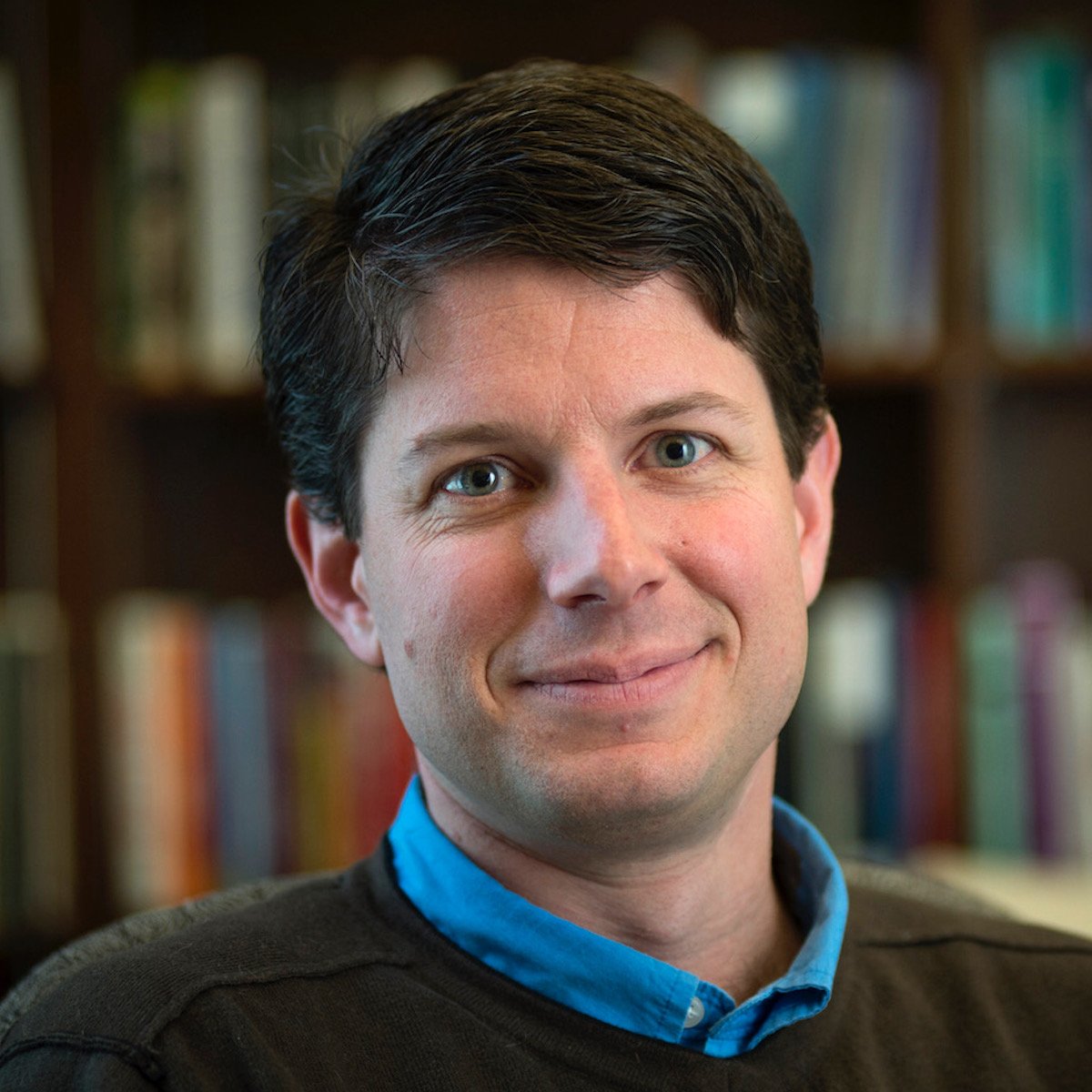
David Danks

David Danks is Professor of Data Science & Philosophy and affiliate faculty in Computer Science & Engineering at University of California, San Diego. His research interests range widely across philosophy, cognitive science, and machine learning, including their intersection. Danks has examined the ethical, psychological, and policy issues around AI and robotics in transportation, healthcare, privacy, and security. He has also done significant research in computational cognitive science and developed multiple novel causal discovery algorithms for complex types of observational and experimental data. Danks is the recipient of a James S. McDonnell Foundation Scholar Award, as well as an Andrew Carnegie Fellowship. He currently serves on multiple advisory boards, including the National AI Advisory Committee.

Ekkehard Ernst

Ekkehard Ernst is Chief of the Macroeconomic Policies and Jobs Unit at the International Labour Organization where he analyses the impact of technological change and macro policies on productivity, employment, wages and inequality. He signs responsible for flagship publications such as ILO’s World Employment and Social Outlook Trends report. He publishes regularly on the implications of artificial intelligence, robots and blockchain applications for the future of work, including in developing countries, as well as on the transition to a sustainable society. Most recently he has started working on how machines will affect our interaction at work in a post-Covid-world of work with hybrid work arrangements. In 2017, Ekkehard co-founded Geneva Macro Labs, a platform to identify, develop and implement solutions to address global challenges. Together with his team he brings together international thought leaders and practitioners to promote and advance the United Nations Sustainable Development Agenda. He currently develops and implements new solutions to value natural capital, notably ocean assets to support a Just Transition. Previously, he worked at the Organization for Economic Cooperation and Development and the European Central Bank. Ekkehard has studied in Mannheim, Saarbrücken and Paris and holds a PhD from the École des Hautes Études en Sciences Sociales. He is member of various advisory boards, including the European Parliament’s International Advisory Board of the Science and Technology Committee, the UK’s Productivity Insight Network, Pillars, CEPS, and The Conference Board.
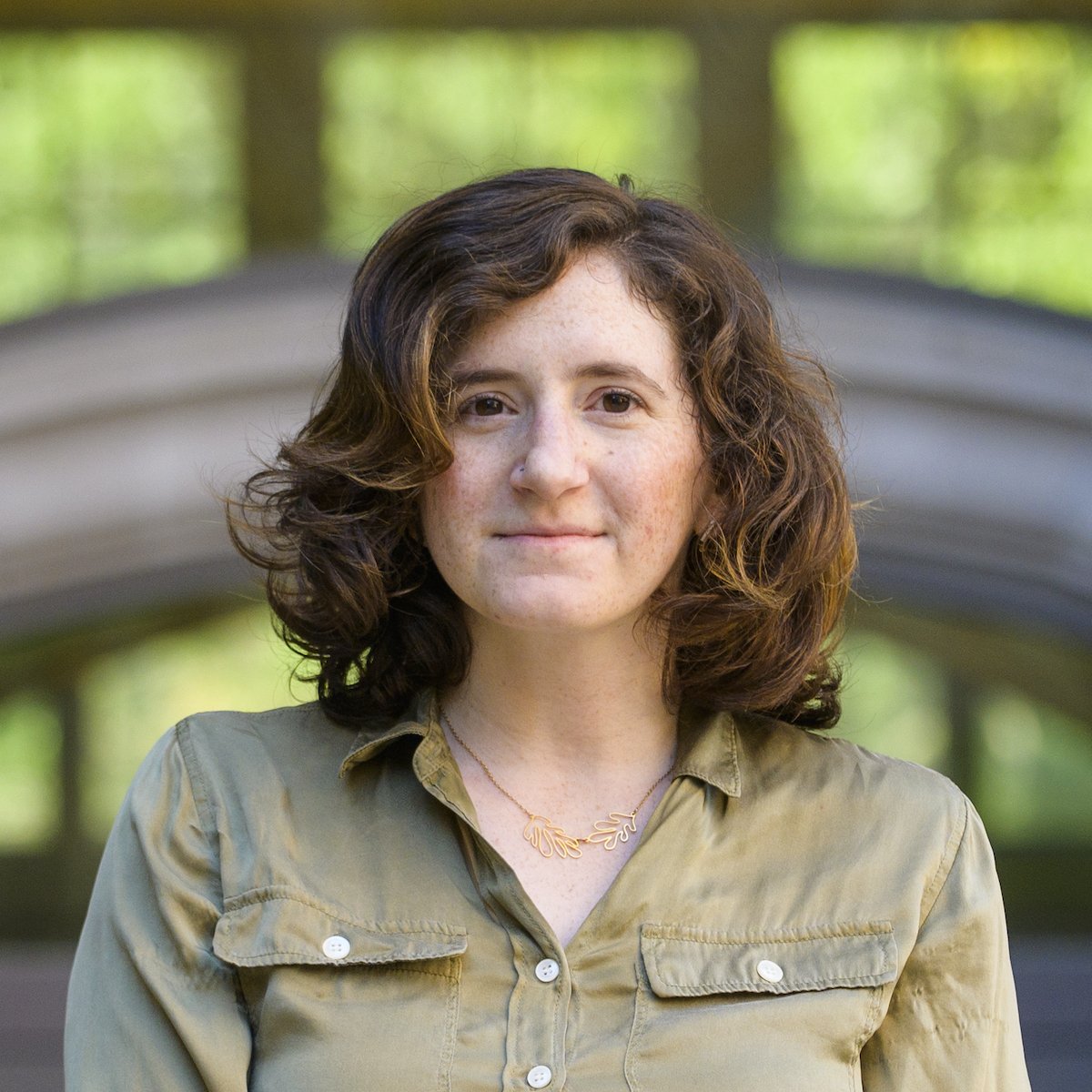
Abigail Jacobs

Abigail Jacobs is a researcher in responsible AI using information, social and organizational, and technical perspectives to understand how computational tools and social inequality interact, with an emphasis on measurement and governance in computational systems. At the University of Michigan, she is an Assistant Professor of Information in the School of Information and an Assistant Professor of Complex Systems in the College of Literature, Science, and the Arts. Abigail is also an affiliate of the Center for Ethics, Society, and Computing (ESC) and the Michigan Institute for Data Science (MIDAS). Previously she was a postdoctoral fellow at the Haas School of Business at the University of California, Berkeley and was a member of the Algorithmic Fairness and Opacity Working Group. She received a PhD in Computer Science from the University of Colorado Boulder, during which she also spent several years at Microsoft Research NYC (intern/consulting researcher, 2015-2017) and was funded by an NSF Graduate Research Fellowship. She received a BA in Mathematical Methods in the Social Sciences and Mathematics from Northwestern University. Abigail currently serves on the steering committee of the ACM conference on Fairness, Accountability, and Transparency; previously served on the Board of Directors for Women in Machine Learning, Inc.; and collaborates with researchers in industry, government, and academia on responsible AI.

Khari Johnson

Khari Johnson has reported on how artificial intelligence impacts people, their communities, and society for nearly a decade. He initially focused on reporting on consumer technology and startup funding rounds but today explores AI policy solutions to protect human rights and how AI is used in policing, schools, and health care. He currently works as a tech reporter at CalMatters and previously worked at WIRED and VentureBeat.

Allison Koenecke

Allison Koenecke is an Assistant Professor of Information Science at Cornell University. Her research applies computational methods, such as machine learning and causal inference, to study societal inequities in domains from online services to public health. Koenecke is regularly quoted as an expert on racial disparities in automated speech-to-text systems. She previously held a postdoctoral researcher role at Microsoft Research and received her PhD from Stanford's Institute for Computational and Mathematical Engineering.
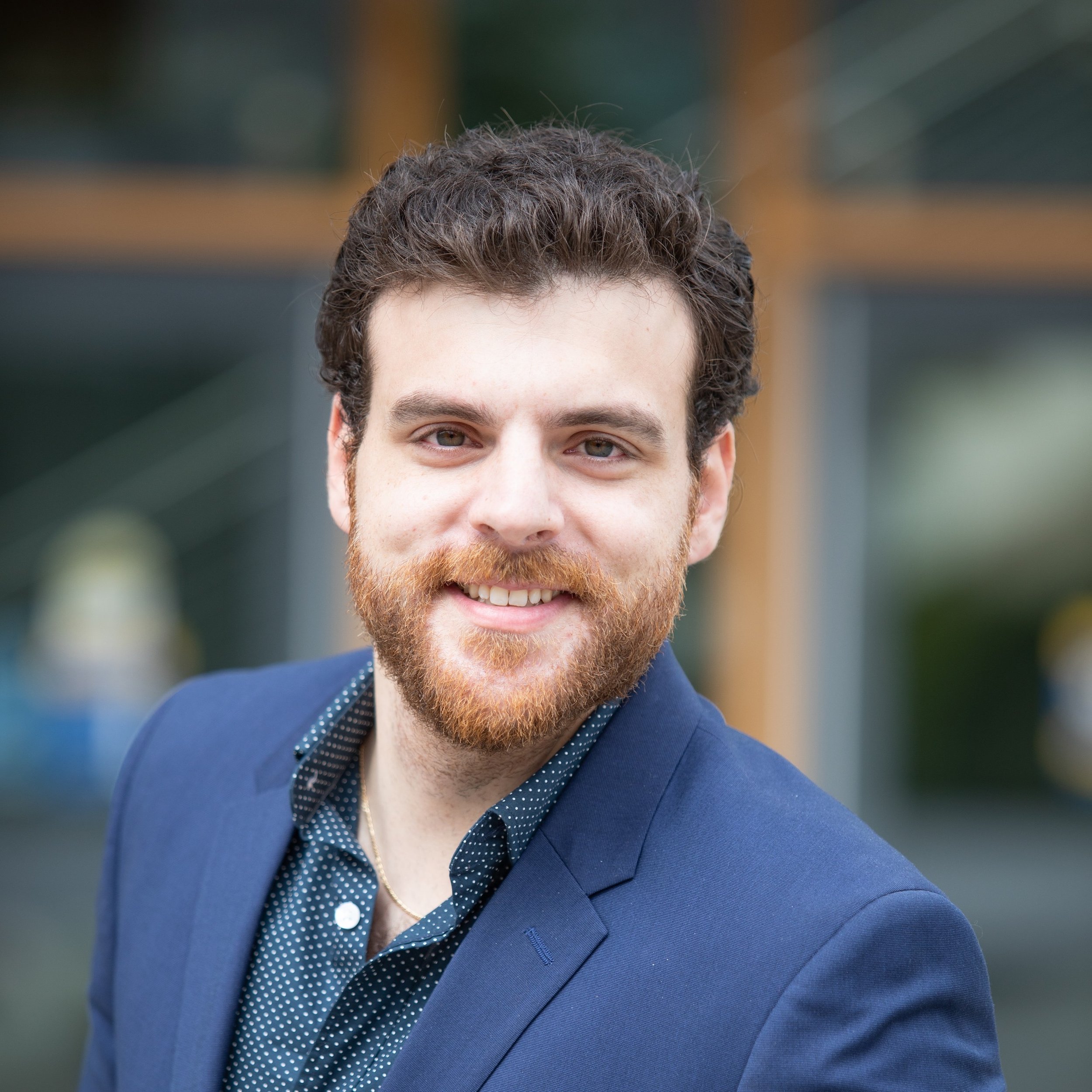
Antonios Mamalakis

Antonios Mamalakis is an Assistant Professor in the University of Virginia (UVA) at the Department of Environmental Sciences and the School of Data Science. He is an environmental data scientist interested in exploring data science tools like statistical and Bayesian analysis, machine/deep learning, and explainable AI to solve challenges in environmental applications. Among others, these challenges include improving predictive skill of hydroclimate and extreme events, understanding climate teleconnections and predictability, advancing climate attribution and causal discovery, etc.
Mamalakis holds a Ph.D. in Civil and Environmental Engineering from University of California, Irvine, and a M.Sc. in the same major from University of Patras, Greece.
Prior to joining UVA, he worked as a research scientist at Colorado State University, where he pioneered the investigation of the fidelity of explainable AI tools for applications in the geosciences. Some of his papers have garnered international attention and have been highlighted by publishers. Examples include "A new interhemispheric teleconnection increases predictability of winter precipitation in southwestern US," published in Nature Communications; "Zonally contrasting shifts of the tropical rain belt in response to climate change," published in Nature Climate Change; and "Underestimated MJO variability in CMIP6 models,"published in Geophysical Research Letters. Antonios serves as an Associate Editor for the AMS journal "Artificial Intelligence for the Earth Systems."
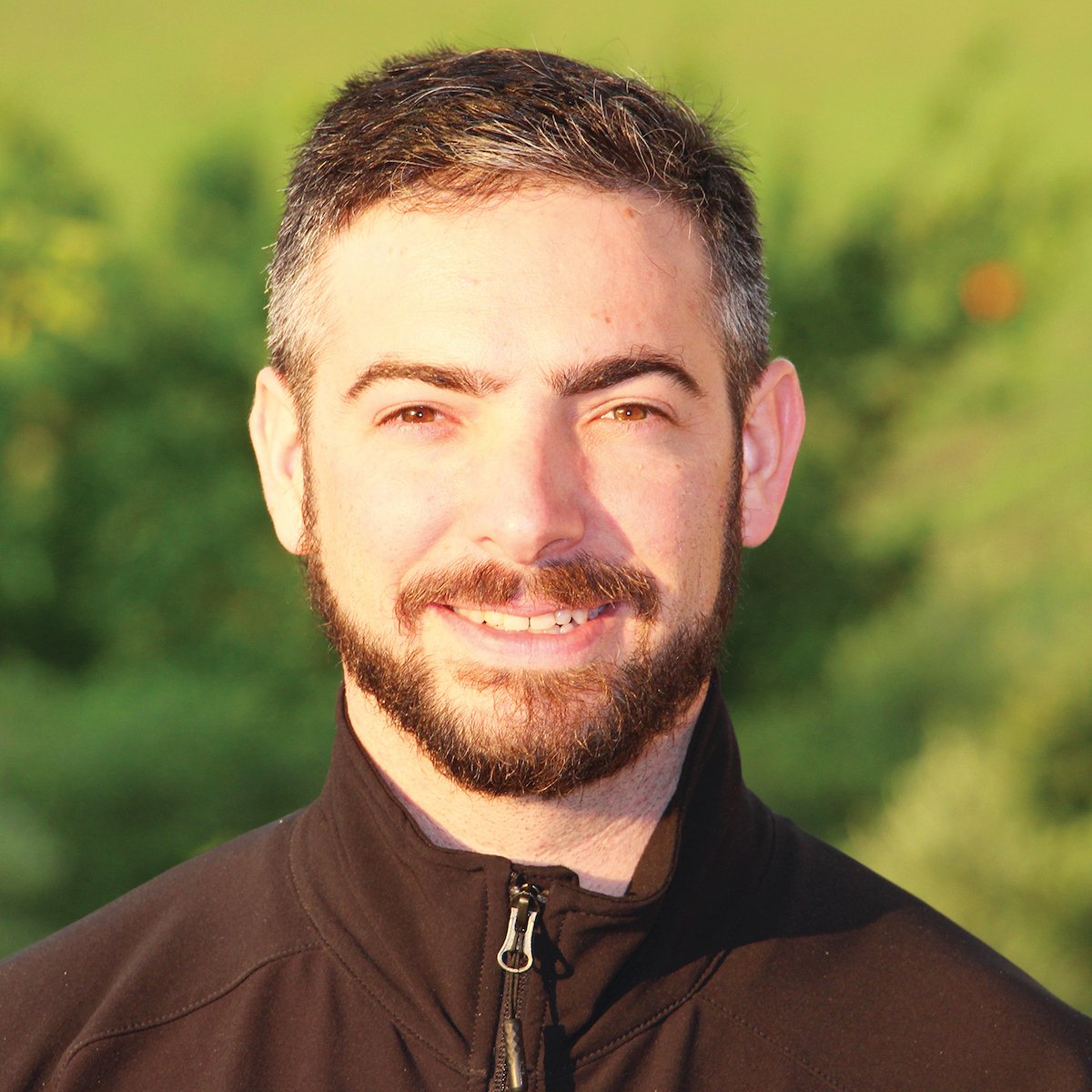
Emanuel Moss

Emanuel Moss is a Sociotechnical Research Scientist at Intel Labs. Previously, Emanuel was a joint post-doctoral fellow at Data & Society Research Institute and the Digital Life Initiative at Cornell Tech. Trained as an empirical social scientist, his research investigates the social dimensions of technology development, the role of machine learning in the production of knowledge, organizational approaches to AI ethics and accountability, and the use of 3D sensors in artificial intelligence applications. He completed a PhD in Anthropology from the CUNY Graduate Center and has previously worked extensively as an archaeologist, developing 3D and 2D spatial data applications for cultural resource management.

Charity Nyelele

Charity Nyelele is an Assistant Professor in the Department of Environmental Sciences at the University of Virginia. Her work lies at the intersection of human well-being and the environment. She is particularly interested in exploring issues related to biodiversity, climate change and ecosystem services from an environmental justice and equity lens. Her current research focuses primarily on forested systems, especially in urban areas, to assess the impacts of alternative planning and management options on the demand and supply of multiple ecosystem services as well as trade-offs and synergies among these ecosystem services. Nyelele, a Fulbright alumna, earned her PhD in Environmental Science from the State University of New York, College of Environmental Science and Forestry (SUNY-ESF). Prior to joining the University of Virginia, she was a post-doctoral researcher in the Department of Earth System Science at the University of California, Irvine, working on a Center for Ecosystem Climate Solutions project to develop and communicate strategies to better manage California’s natural lands for climate change.
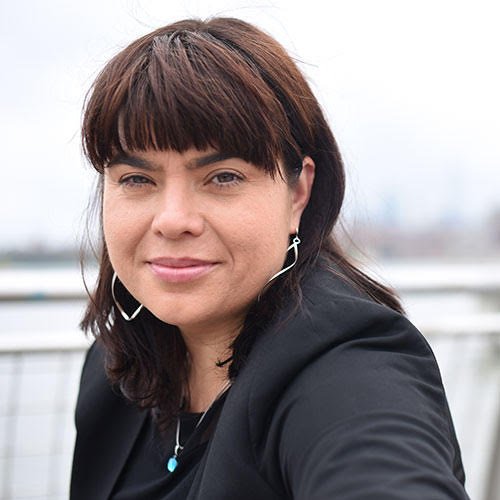
Hilke Schellmann

Hilke Schellmann is an Emmy-award-winning journalism professor at New York University and a freelance reporter holding artificial intelligence accountable. Her work has been published in The Wall Street Journal, The Guardian, The New York Times, and MIT Technology Review, among others. She is currently writing a book on artificial intelligence and the future of work for Hachette.
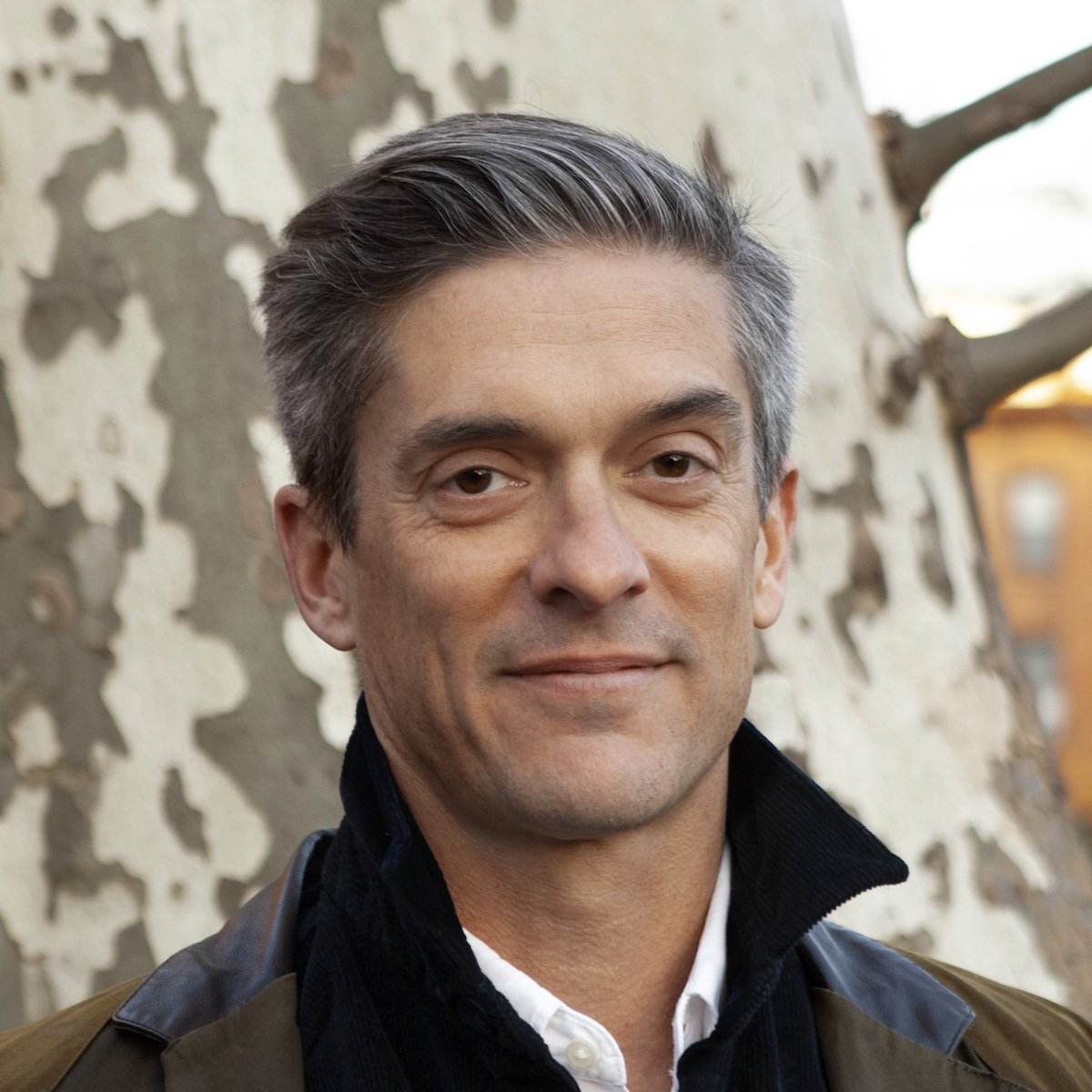
Matt Statler

Matt Statler is the Richman Family Director of Business Ethics and Social Impact Programming and a Clinical Professor of Business and Society at NYU Stern School of Business. Previously, Matt served NYU's Center for Catastrophe Preparedness and Response as the Director of Research and as Associate Director of the International Center for Enterprise Preparedness. He worked as the Director of Research at the Imagination Lab Foundation in Lausanne, Switzerland following several years as a management consultant in New York City. His research on ethics, leadership and strategy has been published in dozens of peer-reviewed journal articles and book chapters. He completed a PhD in Philosophy from Vanderbilt University, spent a year as a Fulbright Scholar at the University of Heidelberg, and obtained Bachelor’s degrees in Spanish and Philosophy from the University of Missouri.
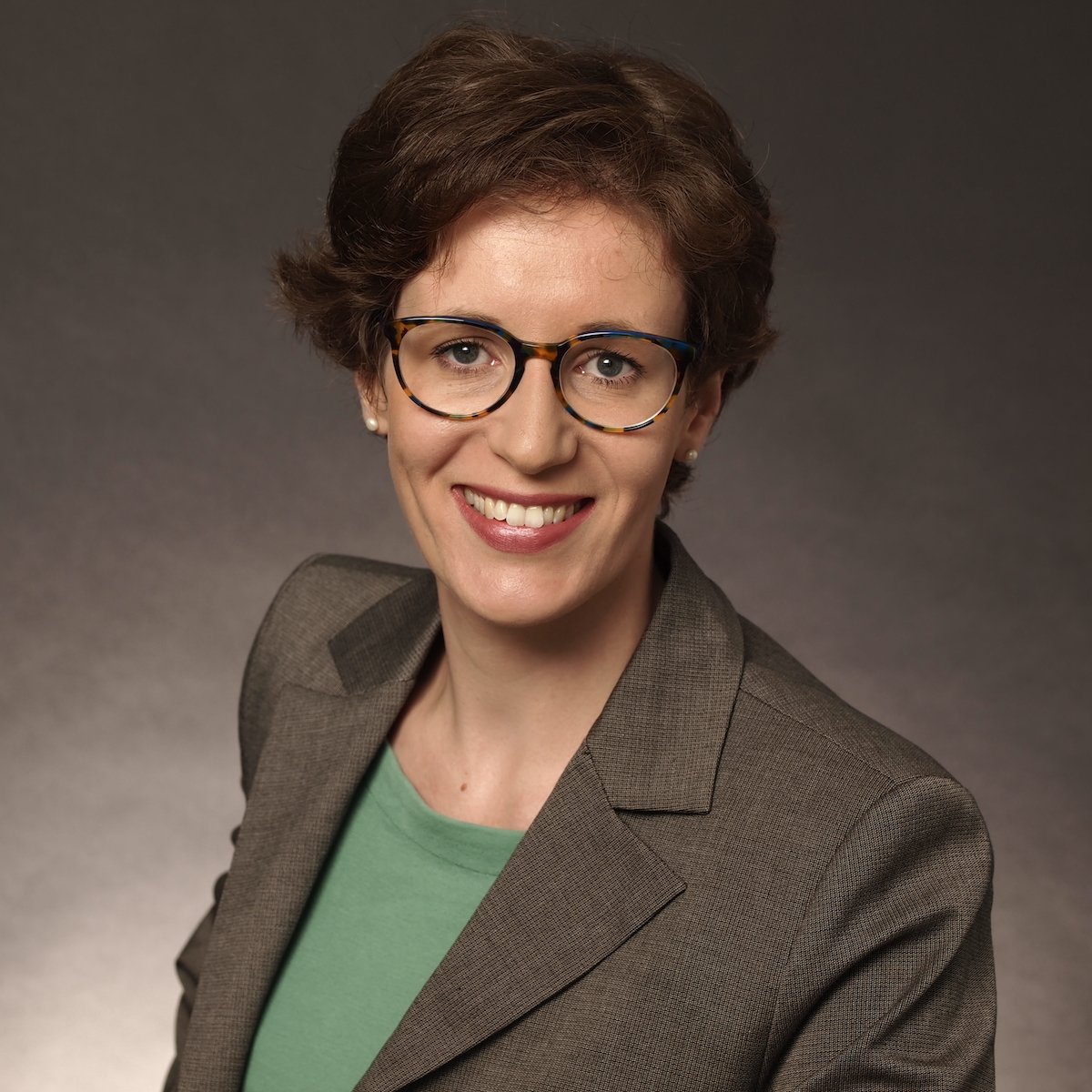
Theresa Veer

Theresa Veer is an Assistant Professor for Strategy and Management at the University of Tübingen and also the Academic Director of its Startup Center. Before joining the University of Tübingen, she was a postdoctoral researcher at the Institute for Innovation and Knowledge Management at the ESADE Business School in Barcelona. Dr. Veer received her PhD in Innovation Economics from TU Berlin and she holds a diploma in Business Administration from TU Munich. Her research interests are high-tech, innovative entrepreneurship, entrepreneurial growth and sustainability, and female innovation and entrepreneurship. Interdisciplinary and cross-disciplinary research spark Dr. Veer’s special interest. Additionally, she believes in the value of mixed-method designs combining quantitative and qualitative approaches. She has published her research findings in different leading international academic journals, e.g., the Journal of Business Venturing, the Journal of Small Business Management, Industry & Innovation, R&D Management, and Technovation. Furthermore, her work has been recognized with several research awards, including the 2022 BCERC Top 40 Paper Award, finalist for the DRUID Young Scholar Best Paper Award, and several reviewers and teaching awards. She is a member of various academic societies, including the Druid Society, Academy of Management, and the Strategic Management Society. She is also a member of the Verband der Hochschullehrer für Betriebswirtschaft (VHB) and continuously reviews for several journals and conferences, e.g., Research Policy, Journal of Business Venturing, or the DRUID conference.

Stefaan Verhulst

Dr. Stefaan G. Verhulst is Co-Founder of the Governance Laboratory (The GovLab), an action research center focused on transforming decision making using advances in science and technology - including data and collective intelligence. He is also the Co-Founder and Principal Scientific Advisor of The DataTank, based in Brussels, a do-and-think tank that focuses on how to re-use data differently to serve the common good.
In addition, he is a Research Professor at the Center for Urban Science and Progress at the Tandon School of Engineering of New York University; the Editor-in-Chief of the open-access journal Data & Policy (Cambridge University Press); the Research Director of the MacArthur Research Network on Opening Governance; Chair of the Data for Children Collaborative with Unicef; a member of the High-Level Expert Group to the European Commission on Business-to-Government Data Sharing; and of the Expert Group to Eurostat on using Private Sector data for Official Statistics. In addition he is also a member of the UNESCO Information Ethics Working Group; Researcher at the ISI Foundation; Member of SMIT at the Free University of Brussels (VUB) and a Senior Advisor to the Markle Foundation where he spent more than a decade as Chief of Research. In 2018 he was recognized as one of the 10 Most Influential Academics in Digital Government globally (by the global policy platform Apolitical).
Previously at Oxford University, he was the UNESCO Chairholder in Communications Law and Policy and co-founded and was the Head of the Program in Comparative Media Law and Policy at the Center for Socio-Legal Studies. He was the Socio-Legal Fellow at Wolfson College, and is still an emeritus fellow at Oxford. He also taught for several years at the London School of Economics and was Co-Founder and Co-Director of the International Media and Info-Comms Policy and Law Studies (IMPS) at the University of Glasgow School of Law.
He has published widely - including seven books- and his writings and work have appeared in the Harvard Business Review, Stanford Social Innovation Review, Project Syndicate, Wall Street Journal, and The Conversation (among many other outlets). He is asked regularly to present at international conferences including, for instance, TED, Collision, and the UN World Data Forum. Numerous organizations have sought his counsel - including the WorldBank; IDB, CAP, USAID, DFID, IDRC, AFP, the European Commission, Council of Europe, the World Economic Forum, UNICEF, OECD, UN-OCHA, UNDP, UNESCO and several other international and national private and public organizations. He is also a Linkedin Learning instructor seeking to democratize the practice of data stewardship globally.
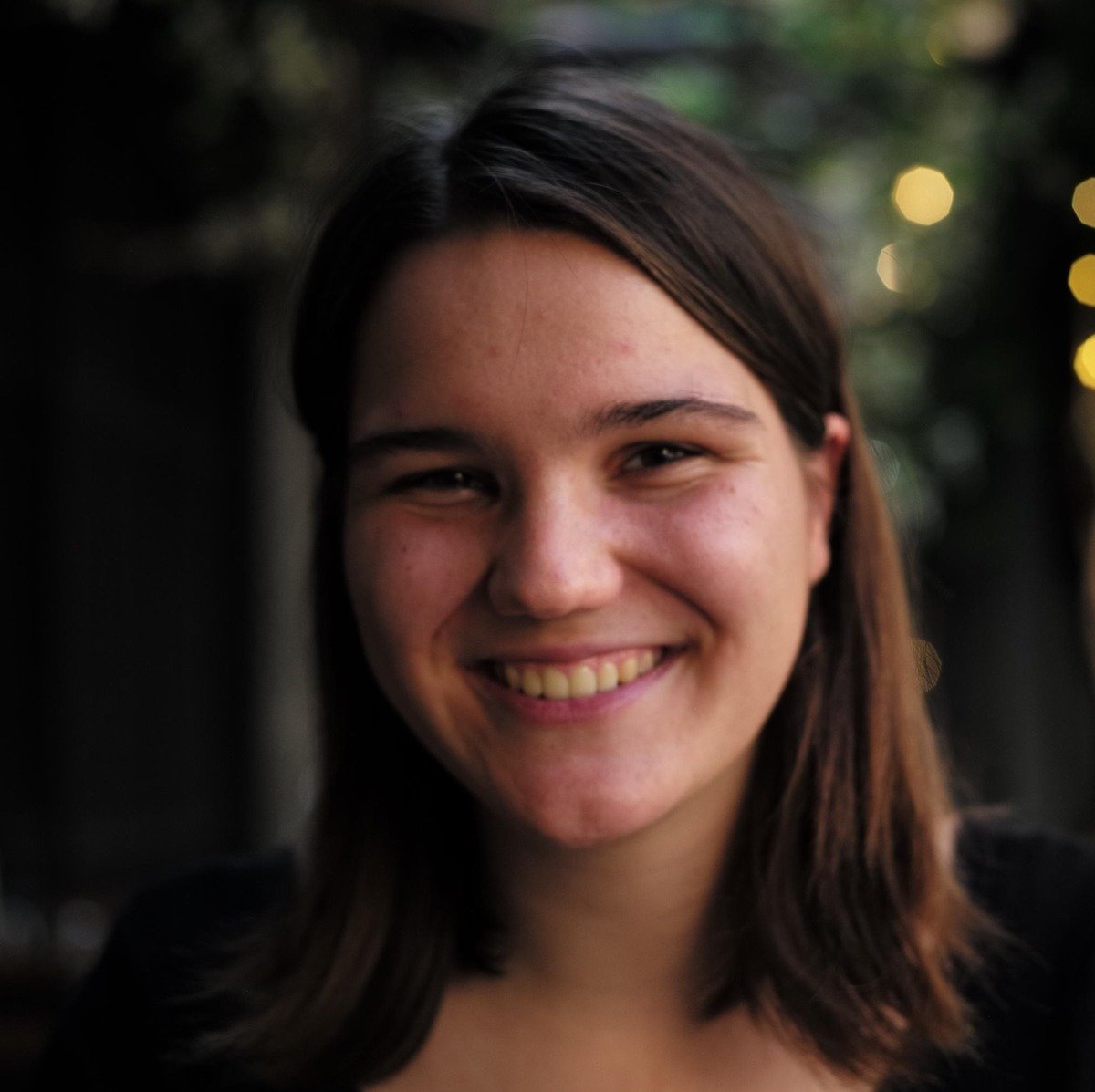
Elena Wüllhorst

Elena Wüllhorst is a final-year undergraduate student in Mathematics and Philosophy at King's College London. She spent a year at UC Berkeley and worked at the Human Rights Center at the Berkeley School of Law as an undergraduate research associate with Open Source Investigation Methods. She is a fellow of the German National Academic Foundation (Studienstiftung). Her research interests lie in the intersection of logic, AI and technology policy.
Alumni

Alina Constantin

Alina Constantin is a world-builder, visual artist and ongoing game director at Jackbox Games. Her work centers on experiences that can renew our sense of heritage and connection. Her background ranges from animation, teaching, design, crowdfunding, team management, to straw-bale houses and wooden ship building. An MFA alumni from NYU's Game Center, her work has shown internationally in museums, film and game festivals, from the Denmark's National Maritime Museum to Indiecade. This includes a multimedia IP and awarded game titled Shrug Island released in 2018, as well as playful research collaborations with international scientists, and live games for La Mama and The Cell Theaters in NY in 2020-2021. She bridges qualities from a life among 3 continents and communities of art and nature activism into creating rich playgrounds of the imagination.
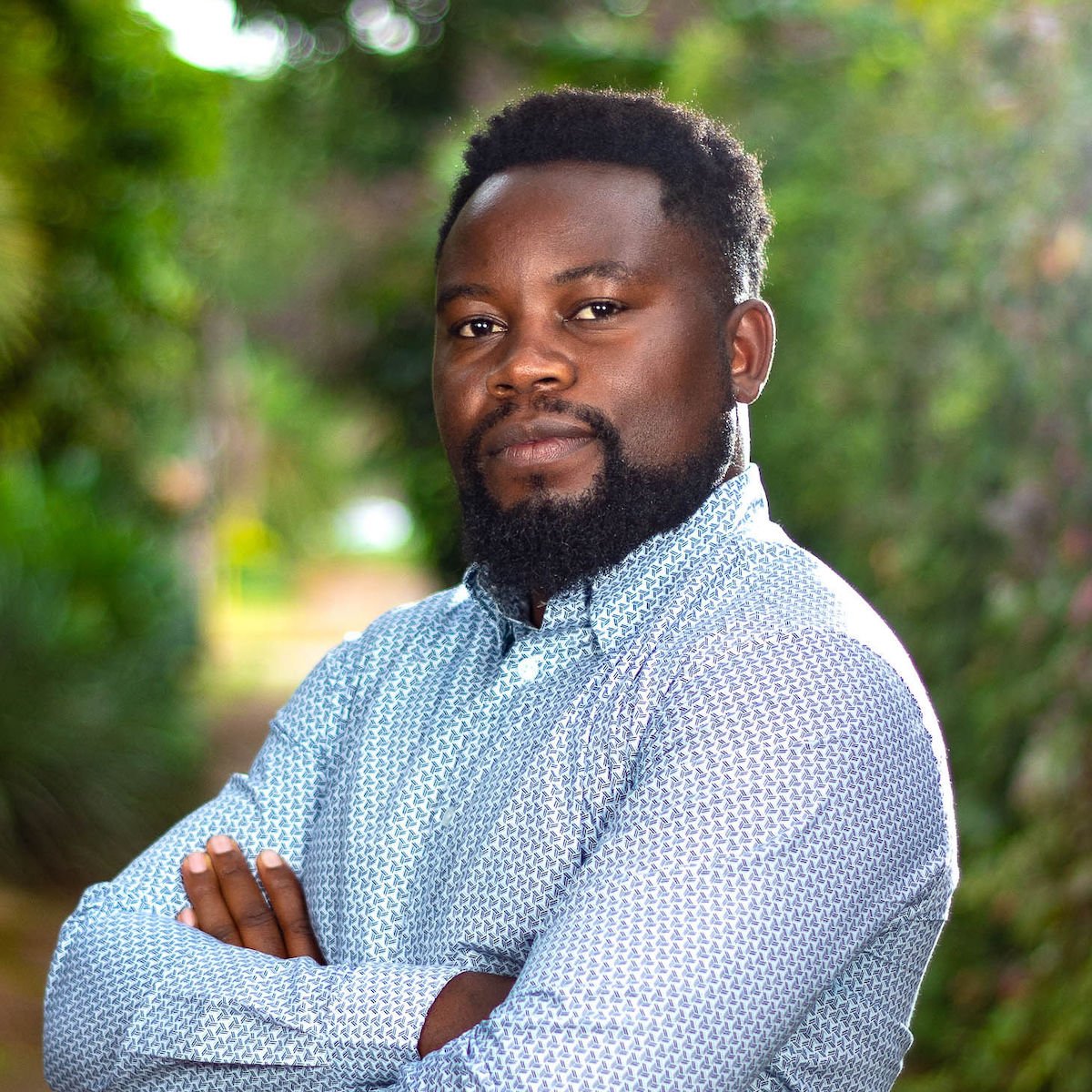
Adio Tichafara Dinika

Adio Tichafara Dinika is a doctoral candidate at the Bremen International Graduate School of Social Sciences (BIGSSS) with a background in business and political science. His research focuses on digitalization and platform labour in Sub-Saharan Africa, where he has carried out fieldwork research in several countries such as Zimbabwe, South Africa, Rwanda, and Zambia. He has also carried out research on use of AI in Human Resources Management, from the recruitment process to the course of an employment relationship including monitoring, algorithmic management, promotion/termination in light of diversity, equity and inclusion, as a research fellow at the Center for Technology, Culture and Society at New York University. Adio also has practical experience of gig work and freelancing, which informs his research on the need for regulation of platforms and the importance of decent work in the platform economy. He also straddles the line between activism and academia, having worked as a political organizer and consultant in Zimbabwe, and also currently as a member of the Digital Constitutionalism Network (DCN) comprising scholars, policymakers and activists engaged in the study and advancement of human rights in the digital world. In mid-2022, Adio co-organised the “Quantum Constitutionalism Workshop: Law and Governance for the Quantum Age”, which brought together researchers from computer science, law, communication, and political science to think together about the impact of quantum technologies on human rights online.

Ana Caroline Neves

Ana Caroline Neves

Alessandra Secheres

Alessandra Secheres

Tanvi Sharma

Tanvi Sharma is a product designer and graduate student at NYU’s Tandon School of Engineering, where she helps develop products for the Center for Responsible AI. She also serves as the lead product designer on Data by Design, a born-digital book on the history of data visualization. As both an academic and a practitioner, Tanvi’s interests span from understanding to enhancing the convergence of social experience, aesthetics, and language (in addition to nurturing native plants on the side).
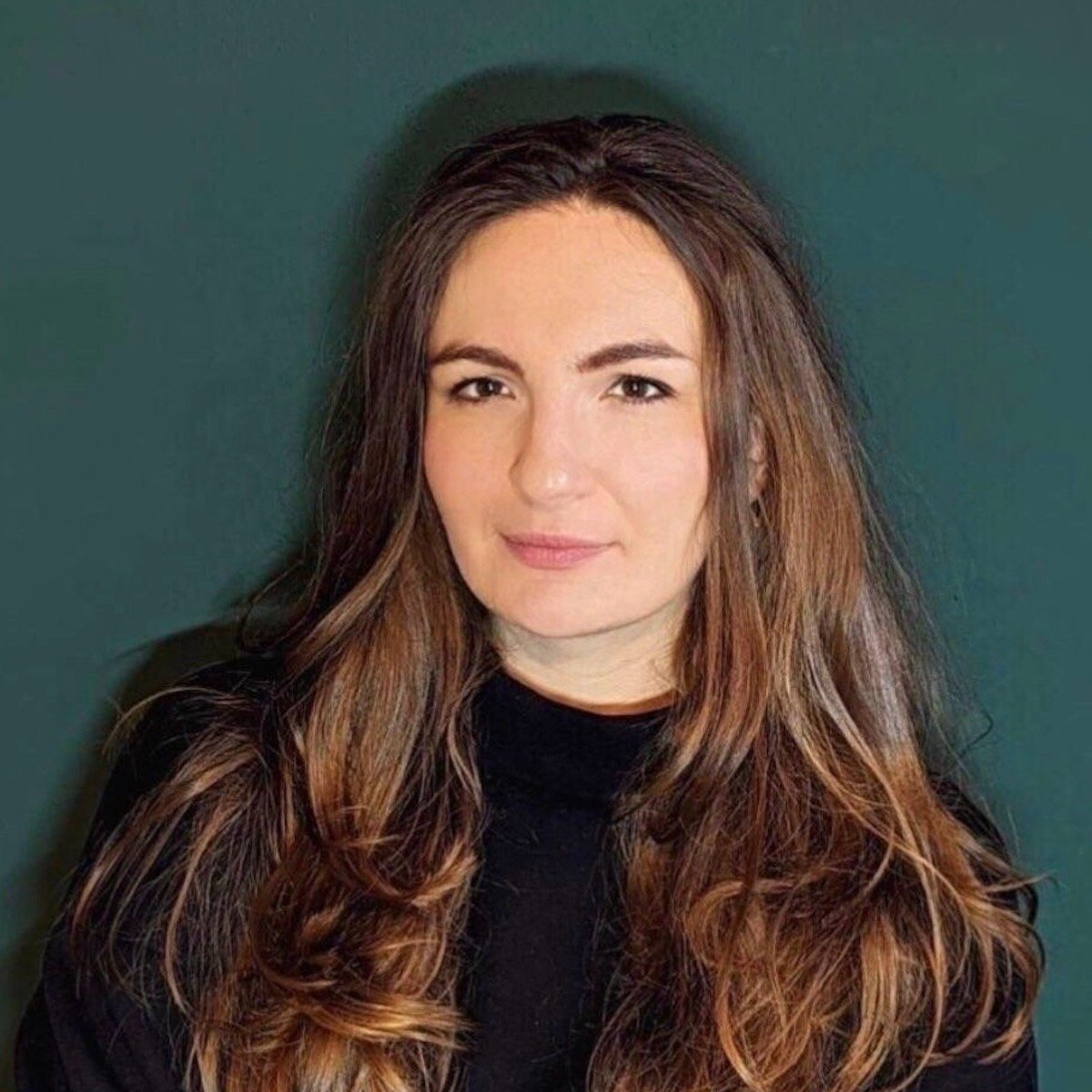
Janina Zakrzewski

Janina Zakrzewski is a doctoral researcher at the Weizenbaum Institute for the Networked Society in Berlin, where she works on the intersection of digital technologies, health care and society. Previously, she worked with Dr. Mona Sloane as a researcher at the Tübingen AI Center, University of Tübingen and as a visiting researcher at the NYU Center for Responsible AI. She holds a MSc In Science, Technology & Society from University College London and a BA in Politics, Philosophy & Economics from Goldsmiths, University of London.
